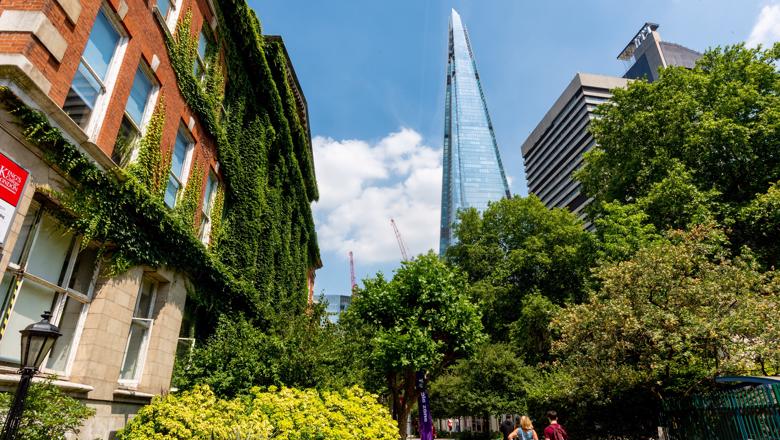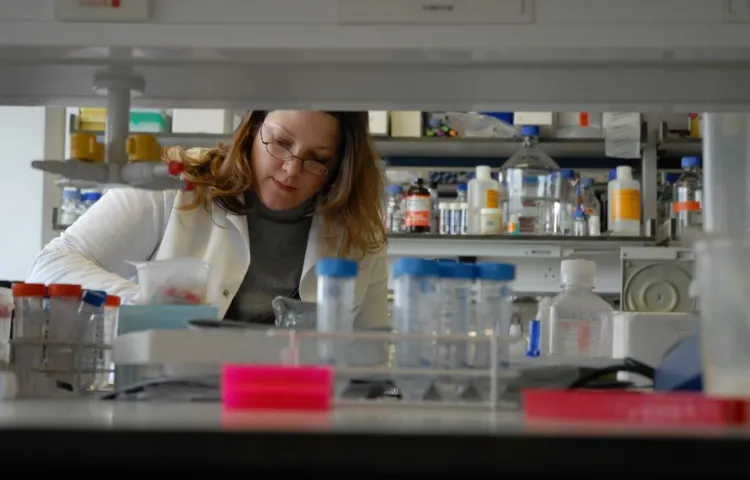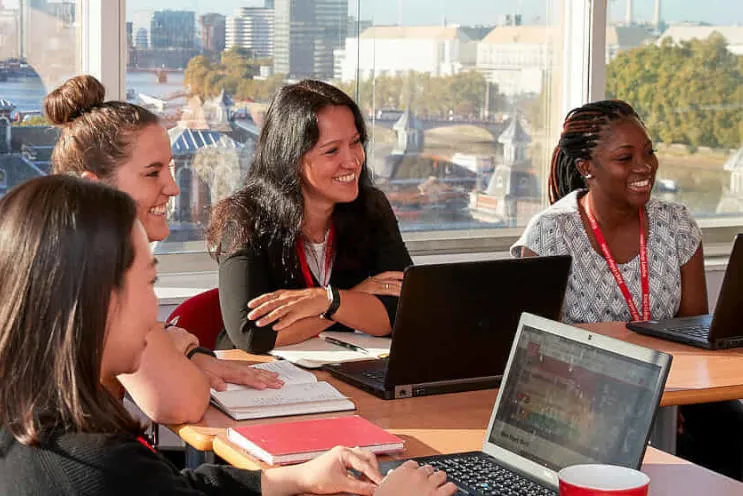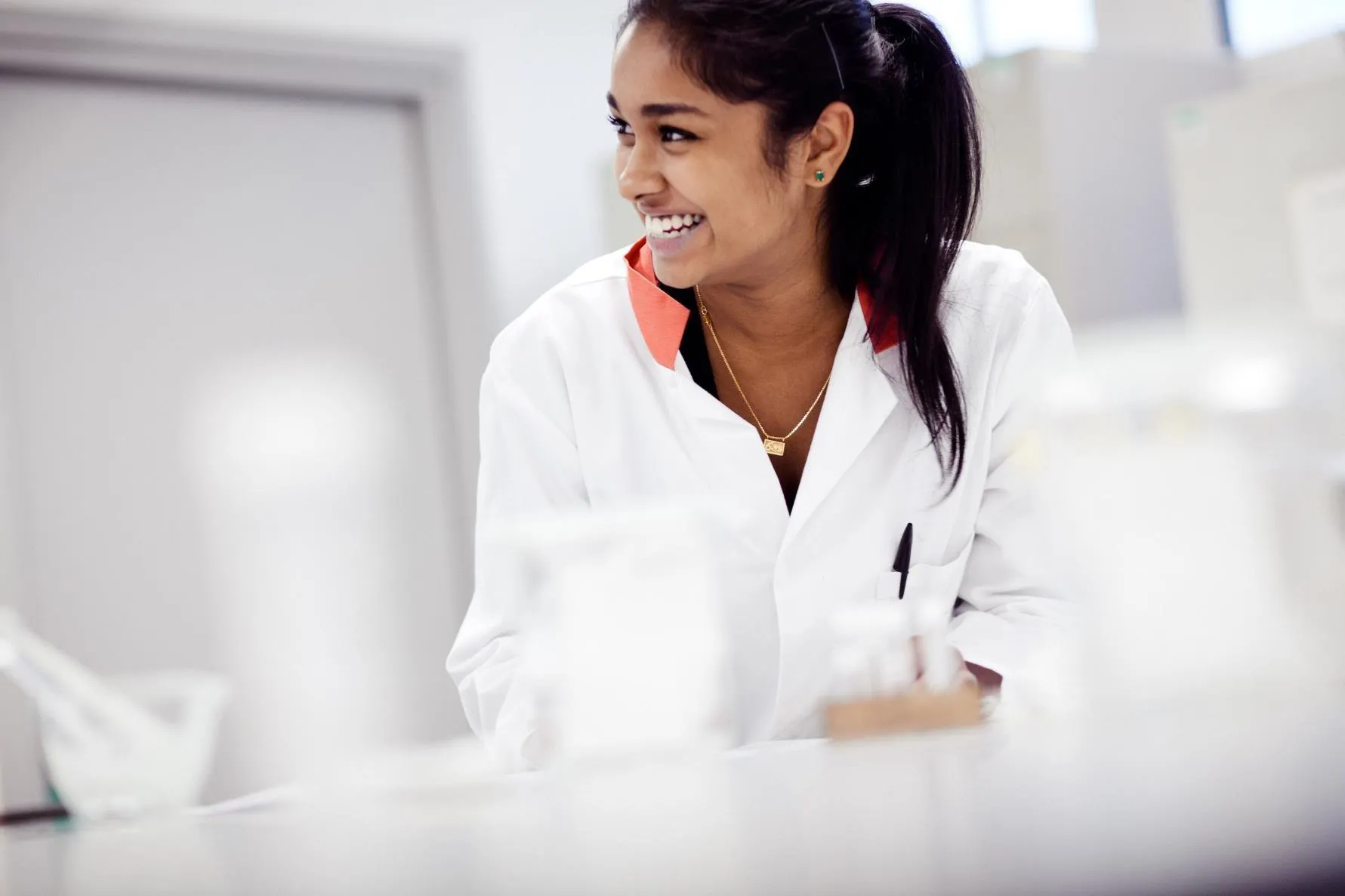16 December 2022
2022: A Year in Review
A look back over Faculty of Life Sciences & Medicine staff and student success in 2022

Our vital research:
The first half of the year produced a variety of COVID-19 findings. Researchers investigated whether hospital attendance was associated with increased risk of transmission. Later, papers were published revealing that gut health was compromised in those with severe COVID-19, and that a UK patient had tested positive for the virus for 505 days in a row. A study, produced in collaboration between academic staff from different Schools, demonstrated how symptoms of the Omicron variant were less severe than Delta.
In February, a report from the School of Life Course & Population Sciences helped highlight the lived experiences of LGBTQ+ ethnic minorities in the UK. The same School later revealed how pregnant women from ethnic minority or deprived socio-economic backgrounds were more likely to have depressive symptoms.
The School of Cardiovascular and Metabolic Medicine & Sciences made an ground-breaking discovery when a paper found the COVID-19 mRNA vaccine technology used by Pfizer and Moderna vaccines could potentially be used to create the first cure for heart attacks. The same team later identified three proteins with the chance to prevent heart failure.
The Faculty maintained its position among the world’s best universities for research excellence and power in the REF2021 results, which were published in May.
The world-leading Drug Control Centre (DCC) at King’s Forensics, part of the School of Cancer & Pharmaceutical Sciences, played an integral role at the Birmingham 2022 Commonwealth Games by running the testing programme at the end of July and early August. In the latter month, the School of Biomedical Engineering & Imaging Sciences, installed the UK’s first MEGNETOM Free.Max from Siemens Healthineers, proving how it is driving efforts to make new MRI technology more accessible in community settings through virtually helium-free MRI research.
There was a flurry of activity towards the end of the year, with a trial clarifying the role of coronary stents for patients with poor left ventricular function. Then, a paper published in The Lancet revealed how diet adjustments can reduce unfavourable health changes associated with menopause, such as blood sugar control and cholesterol levels. A month later in November, another Lancet paper – although of a very different sort – provided a “sobering sense check” of the significant challenges that need to be urgently addressed to improve cancer survival rates in Europe.

Our staff drive our continued success:
This year our colleagues – academics, clinical and professional services staff alike – have continued to provide world-class teaching and research.
We have to start with our baking superstar, Syabira Yusoff, who won this year’s Great British Bake Off. Don’t worry if you missed out on her special red velvet cookies – we’ve left the recipe for you to try at home!
This year new collaborations and partnerships were in abundance. The Centre for Lung Health opened its doors with Professor Mona Bafadhel being appointed its leader. Professor Tony Ng also began working with GSK to establish a joint GSK-King’s Translational Oncology Research Hub.
The innovative work of our staff led to exciting spin-out projects that attracted significant investment. Heqet Therapeutics received £6.6 million to continue translating Professor Mauro Giacca’s cardiomyocytes regeneration research. Forcefield Therapeutics, also based around Professor Giacca’s research, was launched following a £5.5 million investment from Syncona Ltd. King’s spin-out Hypervision Surgical Computer Vision made headlines with their NVIDA collaboration.
The hard work of King’s staff continued to be rewarded, quite literally. Dr Sarah Berry won the prestigious Nutrition Society Silver Medal for her research in personalised nutrition for metabolic health. A King’s team, led by Dr Anita Lim, won the RCGP’s Research Paper of the Year.
Our researchers were also awarded high-profile fellowships and appointments: Professor Catherine Smith was appointed as a NIHR Senior Investigator; Dr Norah Fogarty received a UKRI Future Leaders Fellowships; Dr Yijing Xie was awarded a Royal Academy of Engineering Research Fellowship; and Dr Daniel Hayward was presented with a career-boosting King's Prize Fellowship.
Recognition wasn’t limited to just the research of our staff. Dr Russell Hearn received a National Teaching Fellowship for his inspirational and innovative work in medical education. Our professional services staff were also recognised for their work at this year’s Research Support Awards.

Students make us proud:
Our students’ admirable efforts to slow the spread of COVID-19 continued this year, culminating in a Health Service Journal Award won together with Morris Group Practice in Haringey. Over 200 King’s student and staff volunteers were involved in the service which vaccinated 175,000 patients through popups, outreach and GP practice-based services across North London.
Also enthusiastic to serve the community, 15 students and staff from the Centre for Gene Therapy & Regenerative Medicine (CGTRM) participated in the Diabetes UK #Swim22 challenge. With an aim to swim either 11, 22 or 44 miles over three months, the group raised £3,394.82 for Diabetes UK.
Not to be outdone by our CGTRM swimmers, Karina Kaufmann, PhD student and King’s Sport Performance Athlete, was crowned World Champion in sprint duathlon at the World Duathlon Championships Triathlon in Targu Mures, Romania.
Displaying a knack for entrepreneurship, seven student entrepreneurs from the Faculty were selected for this year’s King's20 Accelerator, which supports the 20 brightest and highest potential ventures from King’s to scale to new heights. Another Kings20 Accelerator participant, Jamie Cartland (BSc Biomedical Science), was invited to showcase his drug discovery start-up Crossr at the Entrepreneurship Institute’s Demo Day.
Our student’s talents also stretch to writing and editing. ScienceMind, the student magazine led by Pharmacology student - won Best Specialist Publication in the National Student Publication Awards. Also winning big this year, 4th year MBBS student Samyak Pandey was awarded ‘Medical Student of the Year’ by the Royal College of Psychiatrists London Division. All four students shortlisted for the award are studying medicine at King’s.
Visually demonstrating the wonders of life sciences and medicine, PhD student Manpreet Kaur was named runner up in the British Heart Foundation’s (BHF) annual ‘Reflections of Research’ image competition. Her image features a purple-grey heart which is actually an airway in the centre of a mouse lung. Also producing an awe-inspiring image, Faculty biosciences students contributed to five experiments which were sent to the International Space Station this year, resulting in the King's brand being pictured in space for the first time.

Related departments
- Faculty of Life Sciences & Medicine
- School of Life Course & Population Sciences
- School of Cancer & Pharmaceutical Sciences
- School of Immunology & Microbial Sciences
- School of Cardiovascular and Metabolic Medicine & Sciences: People and Culture (P&C)
- School of Basic & Medical Biosciences
- School of Biomedical Engineering & Imaging Sciences
